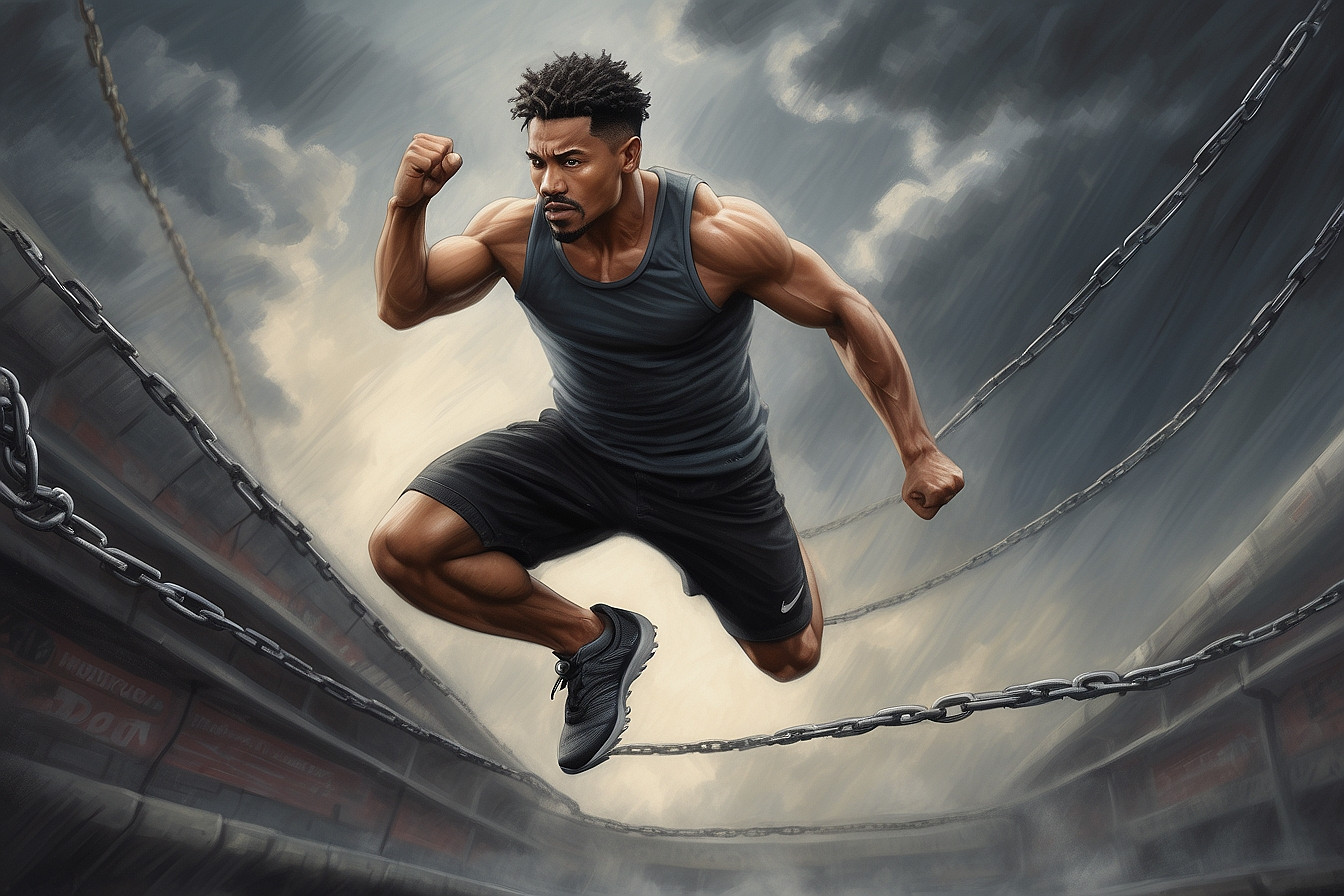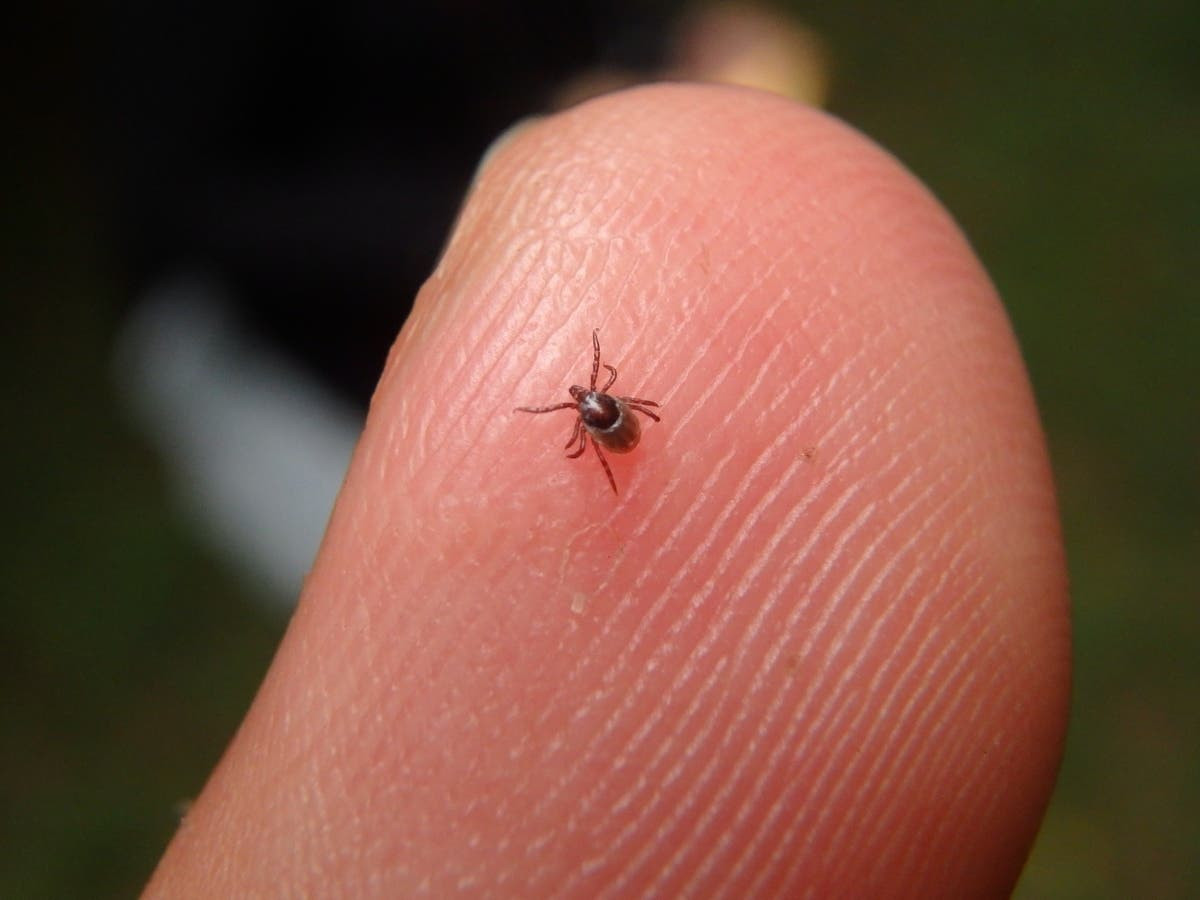Navigating the Complexities of Brain Health and Sport
The human brain, often described as “the most complex structure in the universe – after the universe,” presents unique challenges when it comes to athletic participation. A recent community event in Dublin, aptly titled 'My Moving Brain,' brought together individuals living with neurological conditions, their families, and researchers to explore the intersection of brain health and sport. The event served as a powerful platform to discuss the unique hurdles faced by these athletes, highlight their resilience, and advocate for improved inclusivity in the sporting world.
Neurology and the Prevalence of Neurological Conditions
Neurology, the study of the nervous system, encompasses a wide array of conditions affecting the brain, spinal cord, and peripheral nerves. In Ireland alone, approximately 860,000 individuals—nearly one in six—live with a neurological condition such as multiple sclerosis (MS), epilepsy, dementia, concussion, migraine, Parkinson’s disease, or peripheral nerve disorders. This staggering statistic underscores the importance of understanding the specific needs and challenges of this significant population.
A Holistic Approach to Brain Health and Wellness
The event organizers emphasized a shift from focusing solely on disease management to a more holistic approach encompassing physical, mental, and emotional well-being. This is crucial because the current healthcare system often prioritizes treating individual conditions rather than addressing overall wellness. For instance, untreated high blood pressure, a common condition often without noticeable symptoms, significantly increases the risk of vascular dementia. A proactive approach, incorporating physical activity and daily exercise, is vital for preventative care. A recent meta-analysis of 58 studies demonstrated that physical activity plays a significant role in mitigating the risk of dementia, advocating for increased physical activity, every day if possible, for everyone, not just those with pre-existing conditions. This holistic view extends beyond those with neurological conditions; promoting overall health benefits the brain.
The Athlete's Perspective: Stories of Resilience and Determination
The event featured compelling testimonials from athletes living with neurological conditions. Paralympian Dr. Michael McKillop, a four-time gold medalist who lives with epilepsy and cerebral palsy, shared his experiences of navigating the challenges of elite-level athletic competition. His journey, marked by resilience and determination, underscored the importance of raising awareness and breaking down stigmas associated with neurological conditions. Dr. McKillop emphasized that while his epilepsy is a part of him, it doesn't define his potential. He stressed the need for inclusivity and support systems that help people with neurological conditions thrive. Similarly, former Ireland international cricketer Emma Beamish eloquently recounted her experience of balancing elite sports with epilepsy. Beamish’s story highlights the significant barriers faced by athletes living with neurological conditions, such as the lack of understanding and support from some coaches and the logistical challenges of managing a condition along with training demands. Even with significant athletic success, she points out the struggles she has encountered in accessing the support she needs.
Overcoming Obstacles and Advocating for Change
Beamish's experience illustrates the pervasive nature of these obstacles. She poignantly describes how, despite achieving success in various sports, she has encountered significant challenges in accessing the necessary support, even having to fight for accommodations. The hurdles she’s encountered weren’t only physical or logistical; they were also emotional and societal. The lack of open conversation about these conditions in the past contributed to her feeling isolated during her younger years. However, her perspective has shifted, and she now advocates for improved understanding and increased inclusion. She stresses the importance of self-acceptance and seeking support. She has taken an active role in helping to shape research directions at FutureNeuro. Her insights emphasize the need for societal and systemic changes to fully support these athletes.
Addressing Concerns and Promoting Safe Participation
The event addressed common concerns surrounding the safety of sports participation for individuals with brain conditions. A recurring question was how to reassure individuals, particularly parents, about the safety and benefits of engaging in sports. Dr. Lyndsey Butterworth, a key organizer of the event, highlighted the event’s goal of fostering open conversations and dispelling fears surrounding participation in sports for people with brain conditions. Experts stressed the importance of individualized approaches, emphasizing the need for careful consideration of each person's condition and limitations. While generally encouraging physical activity, experts advised against overexertion and emphasized the importance of adequate rest, sleep, and nutrition. They also cautioned against contact sports that pose a higher risk of head injuries in certain cases.
The Path Forward: Research, Advocacy, and Collaboration
Claire Behan, a registered nurse practitioner and researcher at FutureNeuro, highlighted the need for more data to inform policy decisions and provide appropriate support for athletes with brain conditions. She emphasized the vital role of open communication between patients and medical professionals to determine safe and achievable goals. The event organizers stressed the importance of continued research to address knowledge gaps and better support athletes. Fiona McLoone, communications lead at FutureNeuro, underscored the event's success in making brain research more accessible and engaging, facilitating open discussions and collaborative idea sharing. They highlighted the pivotal role of patient involvement in shaping research directions and developing effective interventions. The shared experiences and collaborative efforts of the event served as a powerful catalyst for change, pushing for improved understanding, increased inclusivity, and greater support for athletes living with neurological conditions. The event concluded with a call for continued dialogue, experience sharing, and collaboration to find more innovative solutions for supporting athletes with neurological conditions, ensuring they have the opportunity to achieve their full potential in sports. The more open conversations there are, the better chance there is for progress.
A Future Filled with Possibilities
The 'My Moving Brain' event illuminated the transformative power of sport and exercise in enhancing the lives of individuals with brain conditions. It showcased the remarkable resilience and determination of athletes who push boundaries, challenging societal perceptions and advocating for greater inclusivity. By fostering open dialogues, promoting understanding, and facilitating collaboration, this event sets the stage for a future where athletes living with brain conditions can thrive in the sporting world. The event demonstrated the critical need for individualized approaches, ongoing research, and collaborative efforts among healthcare professionals, researchers, coaches, and athletes themselves. Through continued efforts, we can remove barriers and create a truly inclusive sporting environment that supports every athlete's journey. It is this cooperative effort that will truly benefit all athletes, and it is this cooperation that will lead to a more equitable and accessible athletic experience for everyone.

















